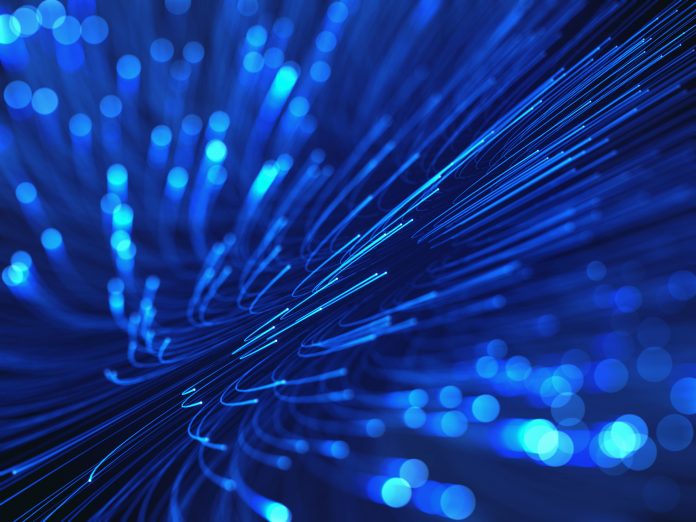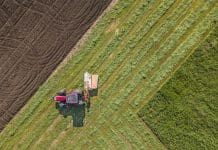FibreCoat, a materials startup that was developed through research at Aachen University and supported by EIT RawMaterials, has been recognised as one of the best inventions of 2025*
FiberCoat’s Radar Absorbing Material (RAM) blends metal-coated fibres with plastics to create lightweight, highly customisable composites, reshaping how Europe approaches defence and aerospace technologies.
FibreCoat’s story started in 2014 with an ambitious idea to make fibre-reinforced plastics more affordable by coating polymers directly onto glass fibres. Early progress at Aachen University led to pilot-scale success, but industry adoption lagged.
Germany’s EXIST programme
The startup officially launched in 2020 with the support of Germany’s EXIST programme. Almost immediately, it faced some challenges. The COVID-19 pandemic brought polymer research to a halt and disrupted access to essential materials. These challenges forced the team to rethink its strategy and pivot toward metal coating.
As energy prices rose in Germany following the war in Ukraine, the company relocated production to Georgia to stabilise costs and maintain momentum.
EIT RawMaterials
A key boost came in 2021, when FibreCoat received support from the EIT RawMaterials Booster Programme. The programme provided more than funding; it offered access to a specialised network of deep-tech investors and industry experts who understood the unique challenges of scaling advanced materials.
The new standard for Radar Absorption
FibreCoat’s RAM technology is designed to protect aircraft, drones, satellites, and other systems from radar detection. Traditional solutions often rely on bulky foams or paints that degrade over time and require frequent replacement. FibreCoat’s composite plates, however, are lighter, more durable, and able to absorb a broader range of radar frequencies.
Their structure can also be precisely tailored to the requirements of specific platforms or missions, offering more flexible and cost-effective protection for next-generation defence and space systems.
Raw material independence for Europe
FibreCoat has helped contribute to Europe’s push for raw material independence. Products like AluCoat use accessible European resources, combining the strength of glass with aluminium’s conductivity. By building its own production lines and enabling local manufacturing for partners, the company is helping insulate European industries from global supply chain volatility.
FiberCoat’s upcoming work includes supporting NATO and Ukraine and preparing radiation-absorbing materials for deployment on a satellite mission next year.
*Time Magazine’s Best Inventions 2025











